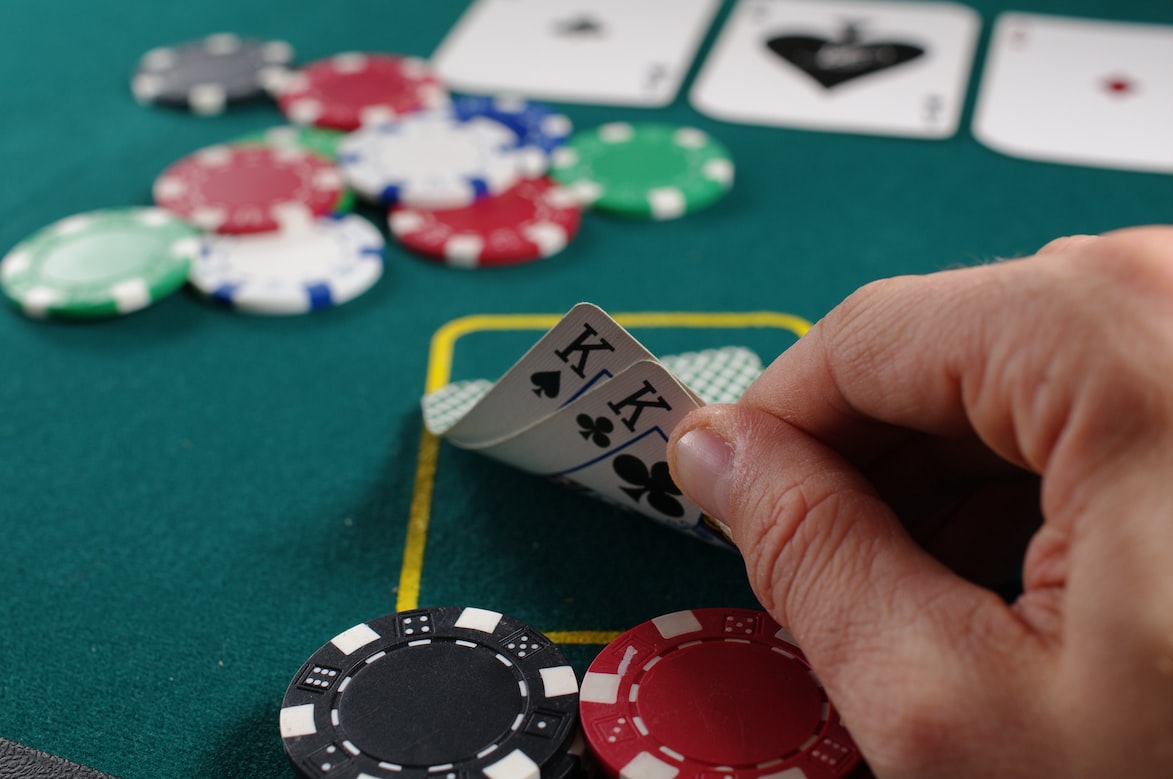Online poker has become a popular way to play the game in recent years. If you’re new to the game, here is an explanation. First, online poker is like regular poker, except you play against other players online. The goal is to make the best hand possible using five cards that have dealt. You can either bet or fold, depending on the strength of your hand. When playing online poker real money, familiarize yourself with the different gaming sites and their rules. Also, use a secure payment method to protect your financial information. Finally, practice makes perfect! So if you’re a beginner looking to play for real money, read on for some helpful poker tips.

Understand the different poker hands, and what beats what
Before you can start playing poker, it’s essential to understand the different hand rankings. The basic hand rankings are as follows:
Play tight at first – wait for good hands before betting
“Tight” is a term used to describe a style of play in which a player only gets involved in hands where they have a good chance of winning. That is opposed to “loose” play, where players are more likely to get involved in marginal hands in the hopes of hitting something big. While loose play can sometimes lead to big wins, it is riskier and can often lead to more significant losses. As a result, tight play is generally advisable for beginners who may not have the experience or skills to make good decisions in marginal situations. Once you better understand the game and your opponents, you can start loosening up your play style. Until then, it is best to err on the side of caution and stick to playing tight.

Bluff occasionally, but only if you’re sure you can get away with it
Bluffing can be helpful in certain situations, but it’s essential to know when to use it and how to do it effectively. Bluffing is essentially trying to convince your opponent that you have a better hand than you do. That can work to your advantage if your opponent folds and you win the pot. However, if you bluff too often or poorly, your opponents will catch on, and you’ll lose more pots in the long run. So, when should you bluff? Generally speaking, it’s best to bluff when you’re heads-up against one opponent and you have a hand that is unlikely to win outright but has a good chance of winning if your opponent doesn’t fold.
For example, say you’re playing Texas Holdem, and you’ve been dealt a hand with two low cards. If the flop comes and there are no low cards, you may want to consider bluffing. If your opponent bets, you can raise and try to convince them that you have a strong hand. Of course, there’s always the risk that they won’t fold and you’ll be forced to show your cards, so make sure you only bluff when you’re confident you can get away with it.
Be aware of your opponents’ strategies and adapt accordingly
Poker is a game of strategy. To be successful, you need to be able to read your opponents and adjust your strategy accordingly. There are a few things you can look for to get an idea of what your opponents might be thinking:

Where to play online poker
Poker is very strategic; if you want to be successful, you need to understand the basics of playing. This poker cheat sheet of tips should help get you started to win some serious money at the poker table. But remember, practice makes perfect! So keep playing and honing your skills until you’re confident enough to take on anyone in the world. Are you ready for the challenge? Then sign up today at GGPoker, the world’s largest poker room – and start putting these online poker tips into action.

